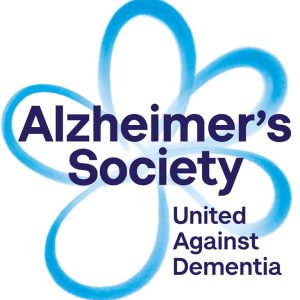As the nights become longer, people across Gloucestershire are preparing to set reminders to wind their clocks back on 30 October to reflect the change in season.
Despite this routine occurring twice every year, many people are caught out by the extra hour lost or gained. But for people with dementia in Gloucestershire, where there are more than 9,920 estimated to be living with condition, the time change may cause more than just a surprise.
Alzheimers Society has advised that people with dementia can find themselves disorientated by the clocks moving back.
As winter mornings become darker, people with dementia may find it difficult to differentiate between 6am and 6pm disrupting their biological clock, making it hard for them to get enough sleep.
Some people with dementia might also experience something called ‘sundowning when the days get shorter. Sundowning refers to a change in behaviour in the later afternoon or towards the end of the day. During this time, the person may become intensely distressed or confused.
Lorna Robertson, Alzheimers Society Area Manager for Gloucestershire, said: “For the majority of people, the annual daylight-saving clock change is simply met with a light-hearted shrug and a set reminder to identify all the clocks you own to wind back an hour.
“While it can be a minor nuisance for the majority of people, for those living with dementia it can trigger anxiety, confusion and irritability.â€
Here are three top tips from Alzheimers Society to help people with dementia overcome challenges faced by the clock change:
- Having a routine during the day and at bedtime can help regulate a persons disrupted body clock. Doing regular activities at the same time each day for example going for a walk after breakfast, can help a person with dementia make sense of the time.
- Going outside in the morning, can help set a persons body clock too, making them feel sleepier during the evening. If the person is unable to go outside, the same effect can be created by switching on a lamp or lightbox.
- Alzheimers Societys online shop sells various ‘Day and Night clocks which have all the features of a traditional clock, but also include simple day and night visual symbols to help people with dementia distinguish the time of day. The clock can be purchased here: Day and Night Clock Alzheimers Society Shop (alzheimers.org.uk)
Lorna Robertson added: “Too many people face dementia alone. We want everyone affected by dementia to know that whoever you are, whatever youre going through, you can turn to Alzheimers Society for practical advice, emotional support, and guidance for the best next step.â€
If youre affected by dementia, call Alzheimers Societys Dementia Connect support line on: 0333 150 3456 or visit alzheimers.org.uk.

